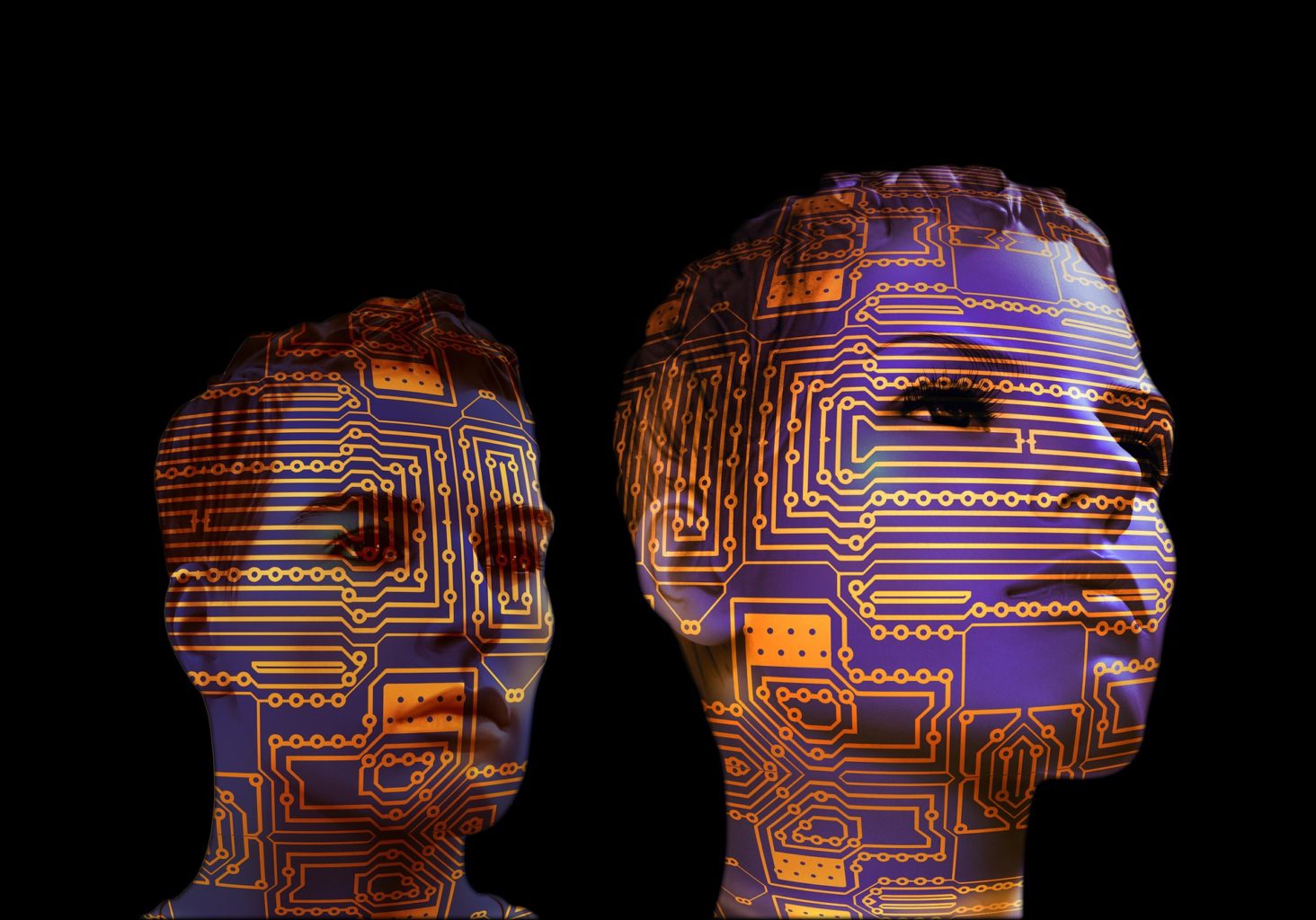Should we merge humans with machines?
Following Elon Musk’’s recent announcement of his new venture Neuralink, one writer asks whether merging humans with machines is a good idea.
In modern times, perhaps unsurprisingly, science-fiction is becoming science-fact. Artificial Intelligence is booming and machines are learning fast, sometimes without human supervision. Many futurists and technologists claim that a technological singularity – a time when AI systems will be able to grow their intelligence and capabilities exponentially and beyond human control- is not far off. To ensure human survival, scientists are working to improve AI safety, as well as to merge humans with machines through implantable brain-computer interfaces (BCIs). But is this a good idea?
Soon, it’s likely that the Neuralink program that Elon Musk is forefronting will give people similarly “superhuman” levels of intelligence if it allows knowledge to be downloaded and/or stored more efficiently.
One of the most popular argument against this merger is that people will begin to lose their humanity, as more and more of the body becomes mechanised. Many people with prosthetic limbs can now have abilities that exceed those of flesh limbs. Soon, it’s likely that the Neuralink program that Elon Musk is forefronting will give people similarly ‘superhuman’ levels of intelligence if it allows knowledge to be downloaded and/or stored more efficiently. This would give us the ability to make ourselves more astute and productive, giving people an opportunity to take on more intellectually demanding careers to help improve society and generate a positive feedback effect that might counter the ‘loss of humanity’ argument. If there was a similar intelligence-growth from BCIs due to the technological singularity, humans and machines could become more cooperative, rather than competitive, and help collectively improve intelligence levels. Additionally, some transhumanists believe that access to greater knowledge could actually lead to more spiritual fulfilment, since one would be able to better understand and improve the world they live in.
Some transhumanists believe that access to greater knowledge could actually lead to more spiritual fulfilment, since one would be able to better understand and improve the world they live in.
The primary logistical drawbacks of BCIs are cost and politics. They will be expensive to make, and some people may argue that the money could be better used elsewhere to solve more current issues, such as holding back climate change and improving healthcare and education. Additionally, it’s not clear precisely whether the Neuralink program will work, and as currently no tests have been conducted. It also remains unclear exactly how BCIs will keep up with AI growth, or even whether the singularity will happen in the near future.
On the other hand, these issues will become irrelevant if the long-term survival of the human race isn’t taken into account. Fortunately Elon Musk is trying to tackle climate change, as well as use Neuralink to potentially treat Parkinson’s disease. Musk is also highly motivated to improve the world, and given his persistence with SpaceX and space colonisation, it’s unlikely he’ll give up trying to promote Neuralink, or stop caring about humanity’s long-term survival.
Though the ideas from Elon Musk and futurists may seem ridiculous at this point in time, given his track-record of successfully implementing his ideas it’s probable that they soon won’t.

Comments